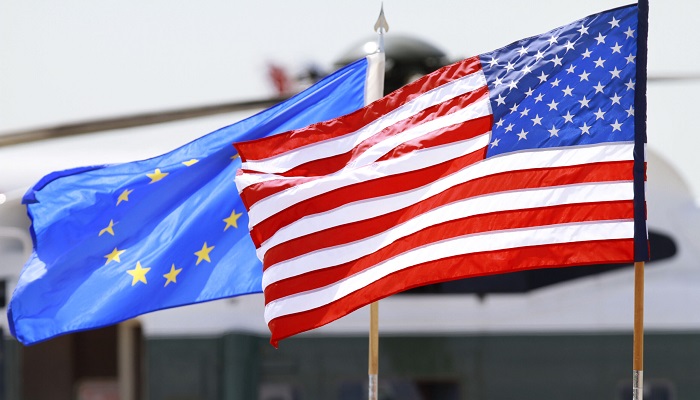The EU and the US held an Energy Council Ministerial Meeting at Brussels on April 4 so as to further enhance cooperation across the energy sector. The council was chaired by Joseph Borrell, the EU High Representative and Vice President; Kadri Simson, the Commissioner for Energy; David Turk, the US Department Secretary for Energy; and Antony Blinken, the US Secretary of State. They all discussed the progress that has been made since the last meeting that took place in Washington in 2022 with regards to energy security in Europe as well as its neighbourhood and the joint decarbonization effect.
The topics that were covered in the April 4th meeting included how to ensure energy security while speeding up the transition to green energy. The co-chairs, in particular, also discussed the vision for the next winter in reference to the situation in Ukraine as well as Moldova and how to enhance the decarbonization when it comes to energy savings and clean energy technologies while also making sure that the transition happens to be socially just.
Both sides also exchanged opinions on the ongoing work to reduce methane emissions as part of the Global Methane Pledge. Both partners, in a joint statement, reiterated the commitment that they have to partner on bilateral as well as multilateral responses so as to keep global energy markets balanced and also support efforts by affected EU countries in order to diversify the nuclear fuel supply.
Post the meeting, both Commissioner Simson and Deputy Secretary of the US, Turk, saw the signature of a memorandum of understanding that would help to develop the path of global standards when it comes to methane leak detection as well as quantification solutions. The EU as well as the US happen to be strategic partners who work closely towards global ambitious climate actions as well as net zero emissions and also the upscale of energy security and enhancement of energy diversification.
The ministerial-level EU and US Energy Council is a prominent framework when it comes to addressing mid- and long-term issues. It was set up last year by President Biden and President von der Leyen in order to thwart the energy crisis that took place due to Russia’s invasion of Ukraine. There is already a progress report concerning the work task force that has been published, thereby setting priorities for 2023.




































